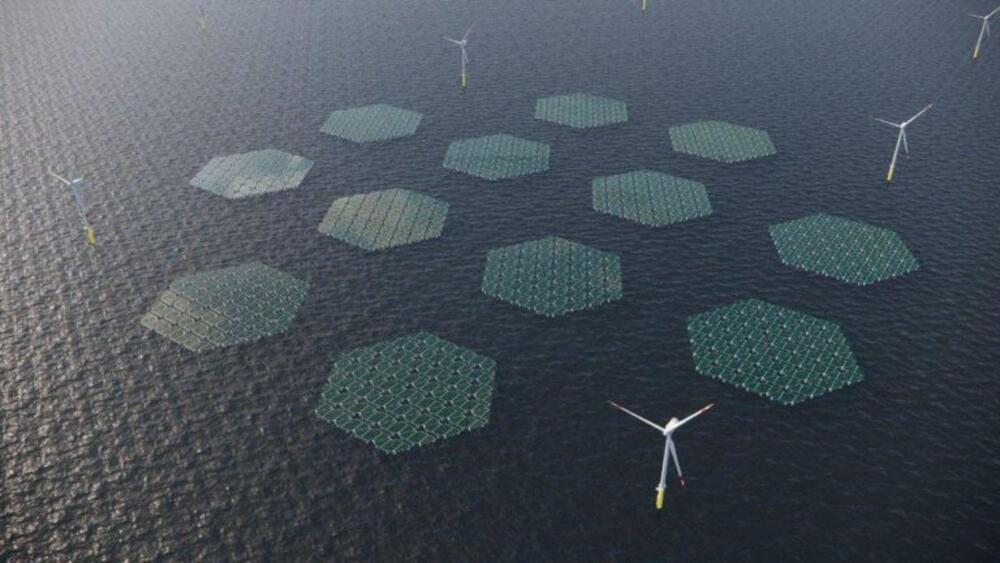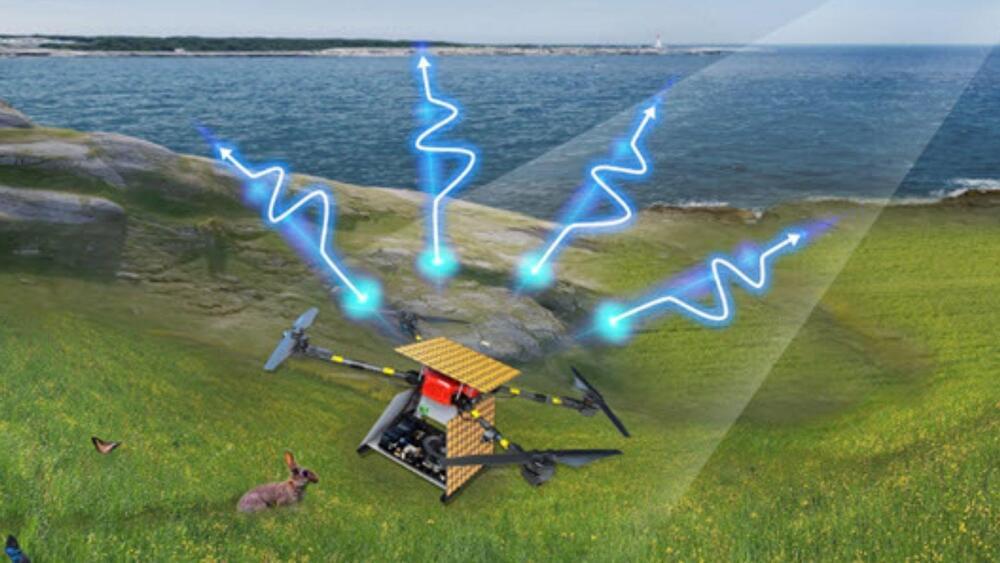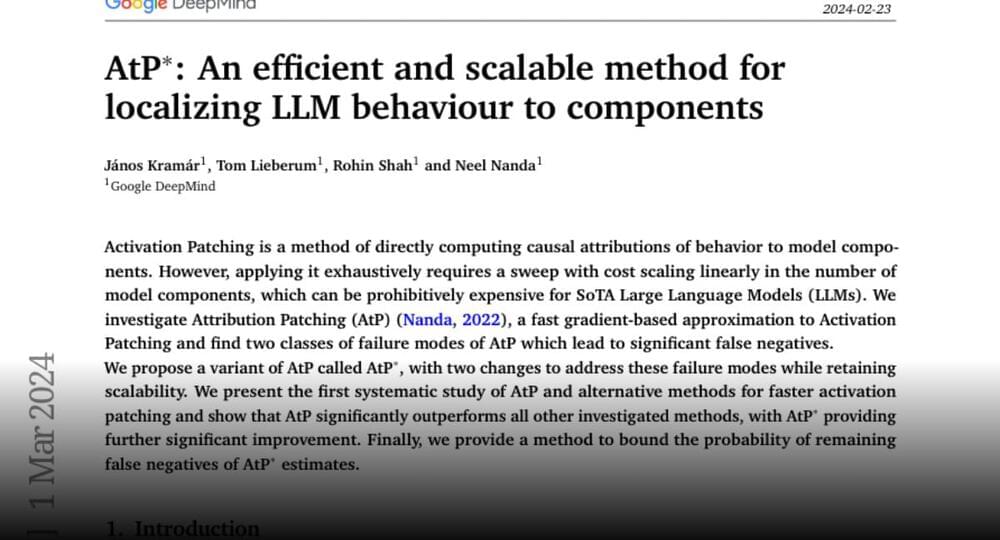Offshore floating solar projects can help overcome limitations of land while tapping into maximum sunlight in sun rich regions.







Generative AI is quickly transforming the way we do things in almost every facet of life, including the evolving landscape of data management and cybersecurity. Cohesity, a company focused on AI-powered data management and security, launched Cohesity Gaia to apply generative AI in a unique way designed to enable customers to access, analyze, and interact with their data.
Cohesity Gaia is a generative AI-powered conversational search assistant. Cohesity blends Large Language Models with an enterprise’s own data and provides organizations with a tool to interact with and extract value from their information repositories. The platform is designed to enable natural language interactions, making it easier for users to query their data without needing to navigate complex databases or understand specialized query languages.
At its heart, Cohesity Gaia leverages generative AI to facilitate conversational interactions with data. Instead of searching through files or databases in the traditional manner, users can engage in a dialogue with the data, asking questions and receiving contextually relevant, accurate answers.


A team of researchers at Cornell University has created a semiconductor chip that will allow ever-tinier devices to function at the higher frequencies required for the next generation of 6G communication technology.
In addition to requiring more bandwidth at higher frequencies, the next generation of wireless communication also demands more time. According to researchers, the new semiconductor provides the appropriate time delay to prevent signals from dissolving at a single point in space after being relayed over numerous arrays.

